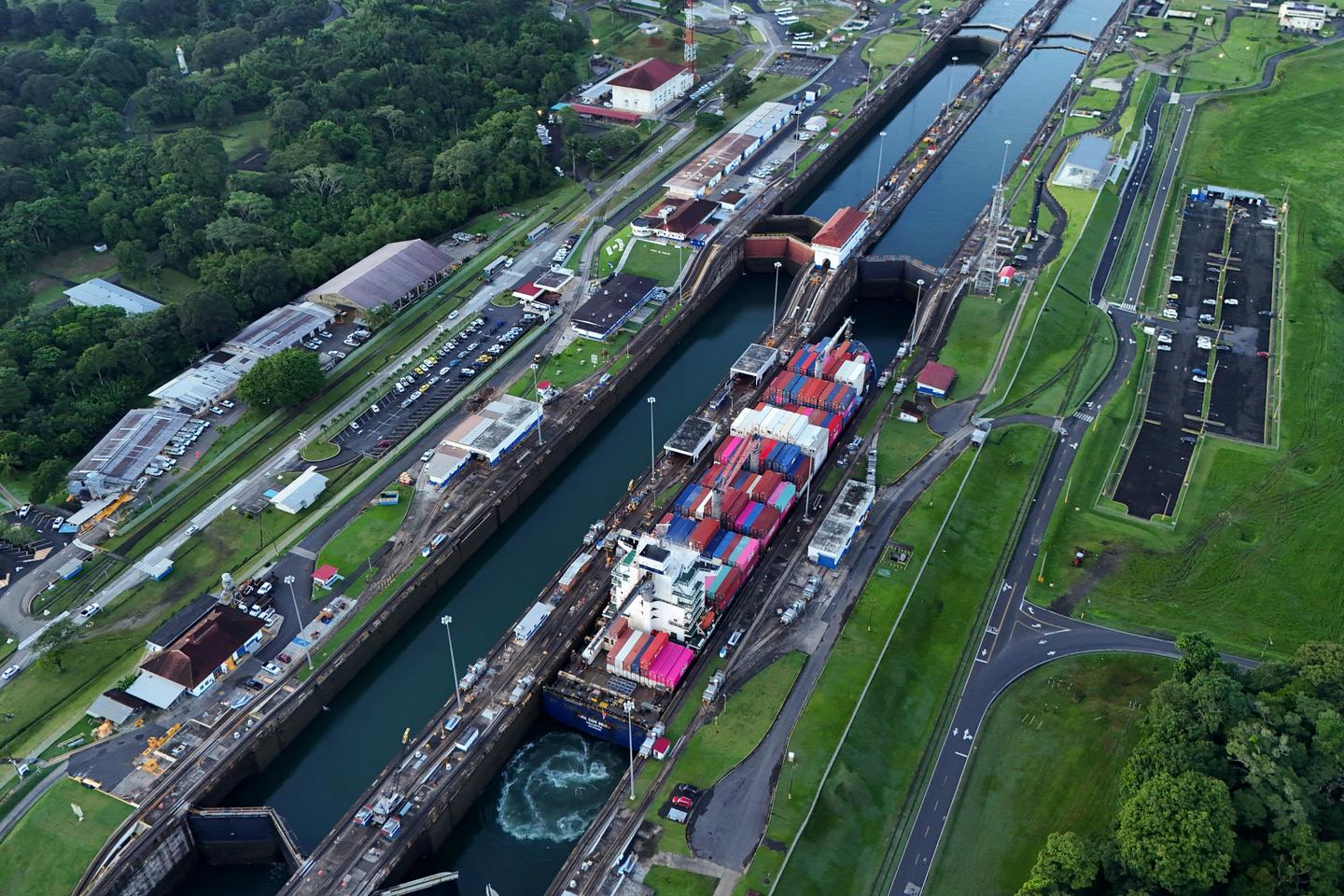


There's a sense of déjà vu in the air. Donald Trump shocked his allies on Tuesday, January 7, by not ruling out the use of force to retake the Panama Canal or purchase Greenland. With this bluff, the president-elect is reviving the old tradition of US imperialism at the turn of the 20th century. The "golden age," which began after the Civil War, is one Trump dreams of: it was marked by the amassing of colossal fortunes, widespread corruption and inward-looking tariffs that protected US industry and meant there was no income tax. Above all, it was defined by imperialism to ensure US hegemony over the Western Hemisphere. During this period, the US bought Alaska from the Russians (1867), invaded Cuba, Puerto Rico and the Philippines – "liberated" in 1898 from Spanish colonialism, and dug the Panama Canal, completed in 1914.
The US thus set up its private hunting reserve covering half the globe, from Alaska to Cape Horn, from the Caribbean to the farthest reaches of the Pacific, including the Philippines. At the time, it was to protect itself from the Europeans and the Japanese. One hundred twenty years later, Trump wants to do the same, with Greenland as rich in mineral resources as Alaska, and as militarily strategic as it allows him to lock down the ice-free Arctic with the Bering Strait and exert influence over Russia.
As for the Panama Canal, handed back in 1999 in accordance with the commitment made by Jimmy Carter in 1977, it is just as strategic, but the US is worried: its operation has been delegated to a Chinese company suspected of espionage by Trump loyalists; the fluidity of traffic is reduced by drought due to global warming – the locks have to eject fresh water into the sea with each passage. In both cases, the US is invoking its security, which is why Trump's threats should not be quickly swept aside. His desire to rename the "Gulf of Mexico" the "Gulf of America" summed up his ambition: to transform his zone of influence into a hegemony in the style of Vladimir Putin or Xi Jinping.
You have 70.07% of this article left to read. The rest is for subscribers only.
